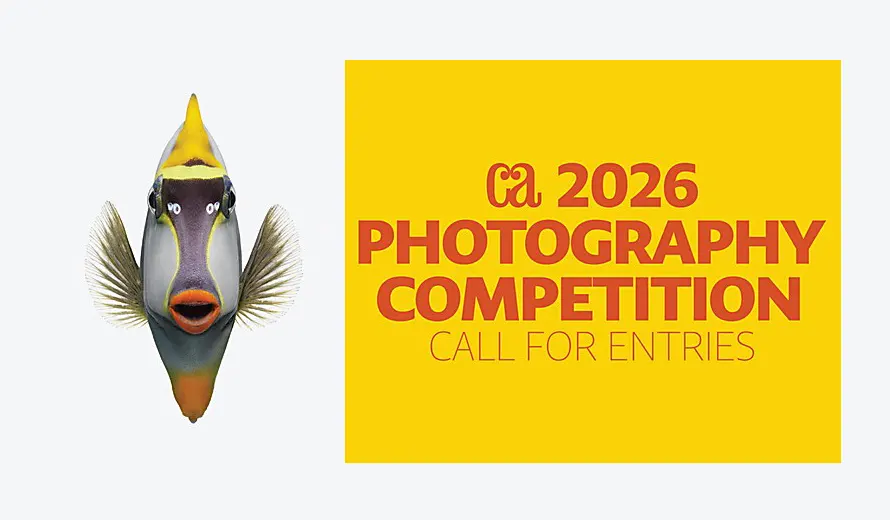Science Without Borders Challenge 2022: Ridge to Reef

Science Without Borders Challenge 2022: Ridge to Reef now is over!
The Khaled bin Sultan Living Oceans Foundation is excited to announce its 10th Annual Science Without Borders Challenge, international competition created to get students and teachers interested in ocean conservation through various forms of art.
Short description
The Science Without Borders Challenge is an international competition that engages students and teachers in ocean conservation through art.
This annual competition inspires students to be creative while promoting public awareness of the need to preserve, protect, and restore the world’s oceans and aquatic resources, contributing to the overarching goals of the Khaled bin Sultan Living Oceans Foundation.
The theme for this year is “Ridge to Reef”.
Throughout the world, coral reefs are rapidly declining due to natural and human disturbances. Some of the biggest threats to coral reefs are climate change, ocean acidification, overfishing, destructive fishing practices, coastal development, and pollution. Scientists estimate that we have already lost more than half of the world’s coral reefs, and we could lose the rest by the end of the century.
What can we do to ensure the survival of coral reefs? Through strong conservation measures and effective management of coral reef resources, people can alleviate some of the threats that reefs face. There are many different types of conservationists that work on preserving coral reefs including governments, non-profits, park managers, and indigenous communities. Some conservationists take what is called a “ridge to reef” management approach. Everything is interconnected from the land to the sea. They study not only the coral reefs and their adjoining ecosystems (mangroves and seagrass beds), but they study terrestrial ecosystems too, and how water flows from the land into the sea. Coral reefs need clean, clear, water to thrive, so any extra sediment, fertilizers, or pollution running off the land into the sea can damage nearby coral reefs. Conservationists also must research the human activities that take place on land, the coastline, and the ocean to understand how they may impact these environments from “ridge to reef.”
For this year’s theme, create a piece of art that illustrates one or more actions that governments, non-profits, park managers, and indigenous communities can take to preserve coral reefs using a ridge to reef approach to conservation.
A panel of artists, educators, and scientists will be formed to judge the Science Without Borders Challenge.
Submission requirements:
➜ Applicants must submit a digital copy of their artwork online. This can either be a scan or high-quality digital photograph of your original artwork.
➜ Image files should be 3 MB – 10 MB in size, and saved in one of the following file formats: JPG, JPEG, PNG, GIF, or PDF.
Who may enter?
The Science Without Borders Challenge is open to primary and secondary school students 11-19 years old. Students must be enrolled in primary or secondary school, or the home school equivalent. College and university students are not eligible for this contest.>br>>br> Work will be judged in two categories based on age, with 1st, 2nd, and 3rd place prizes awarded for each:>br>>br> >span class=>lila>>➜>/span> Students 11-14 years old>br> >span class=>lila>>➜>/span> Students 15-19 years old
Prize:
Winners will be awarded with the following scholarships:
➜ 1st Place: $500
➜ 2nd Place: $350
➜ 3rd Place: $200
Entry fees:
There is no entry fee to participate!





